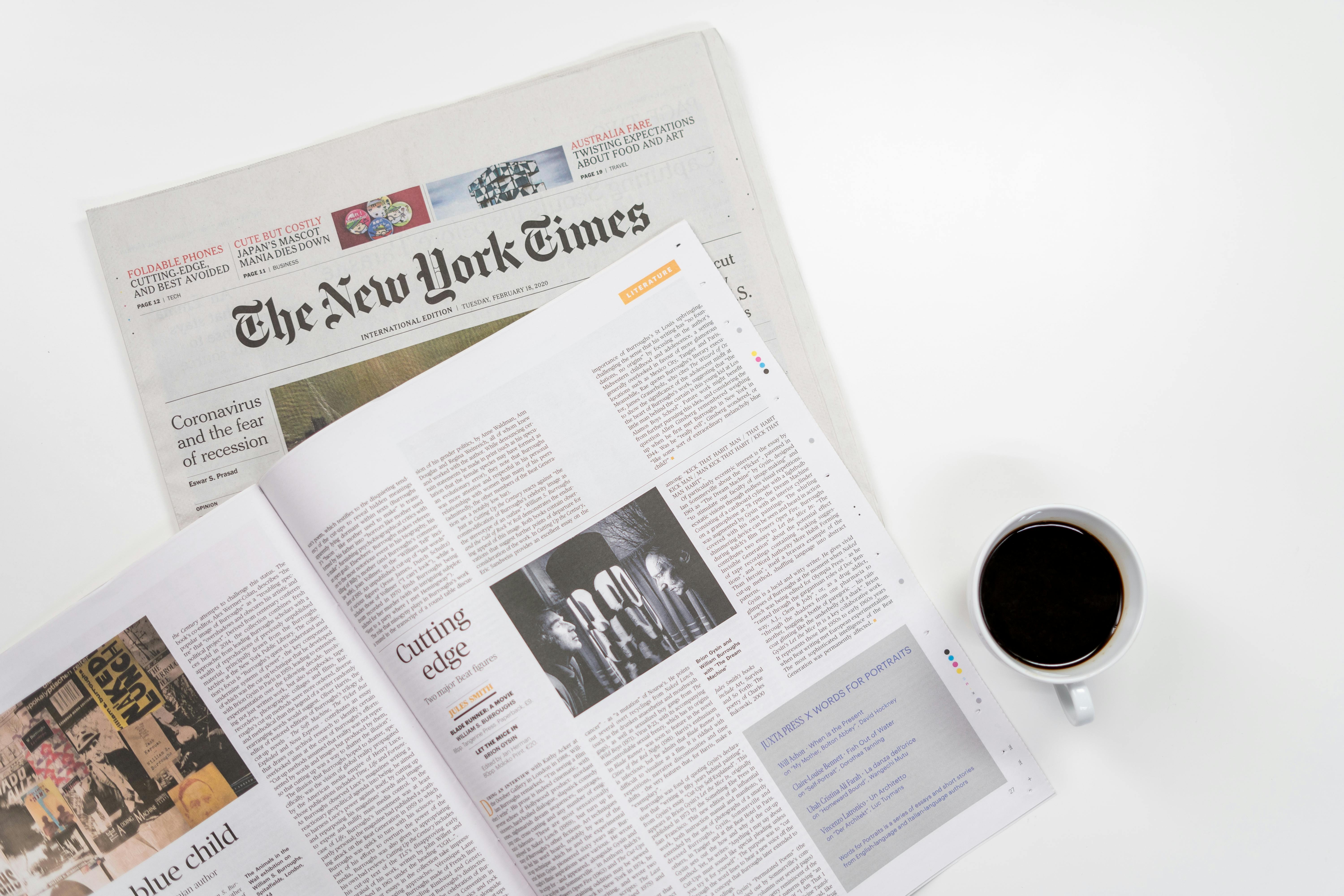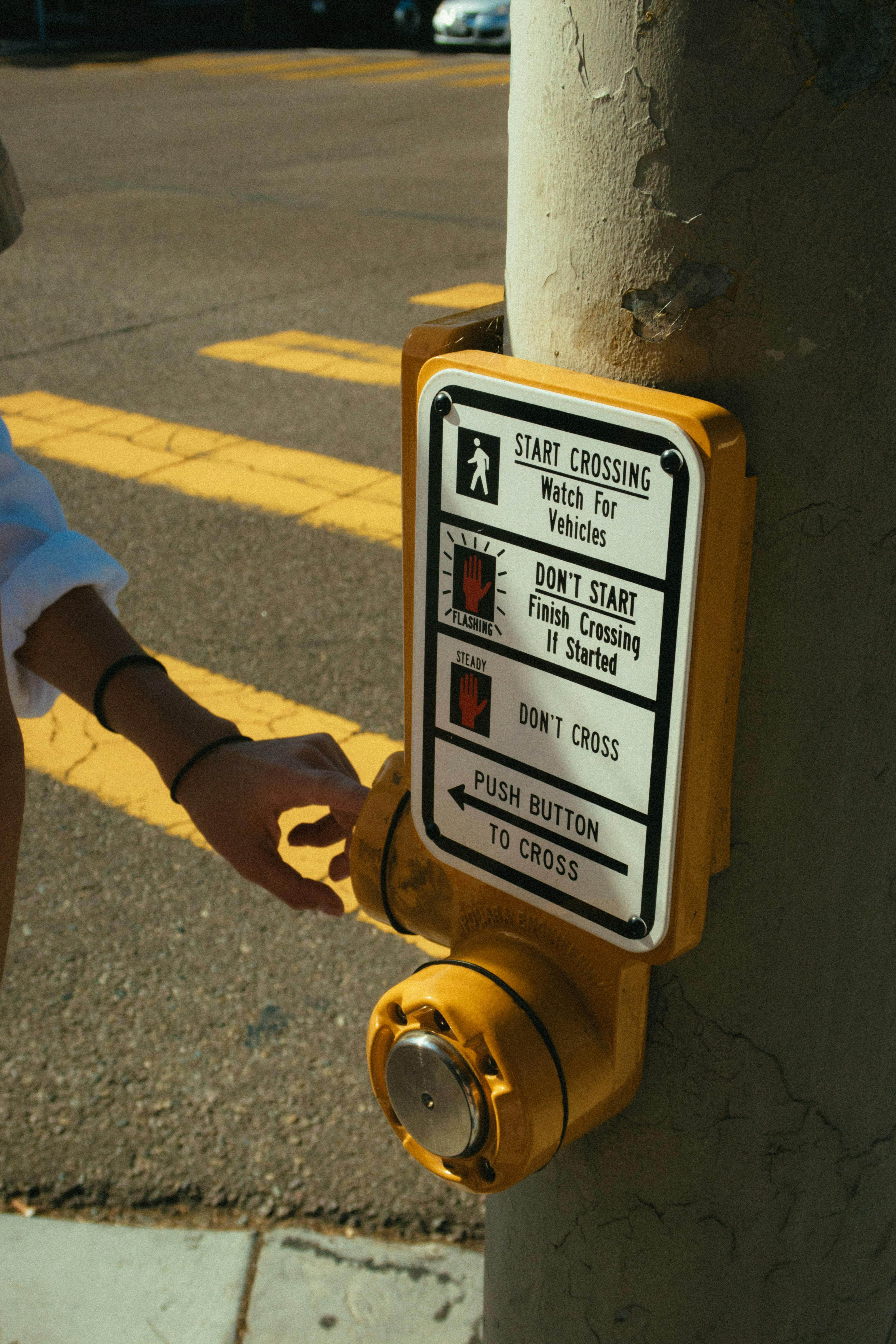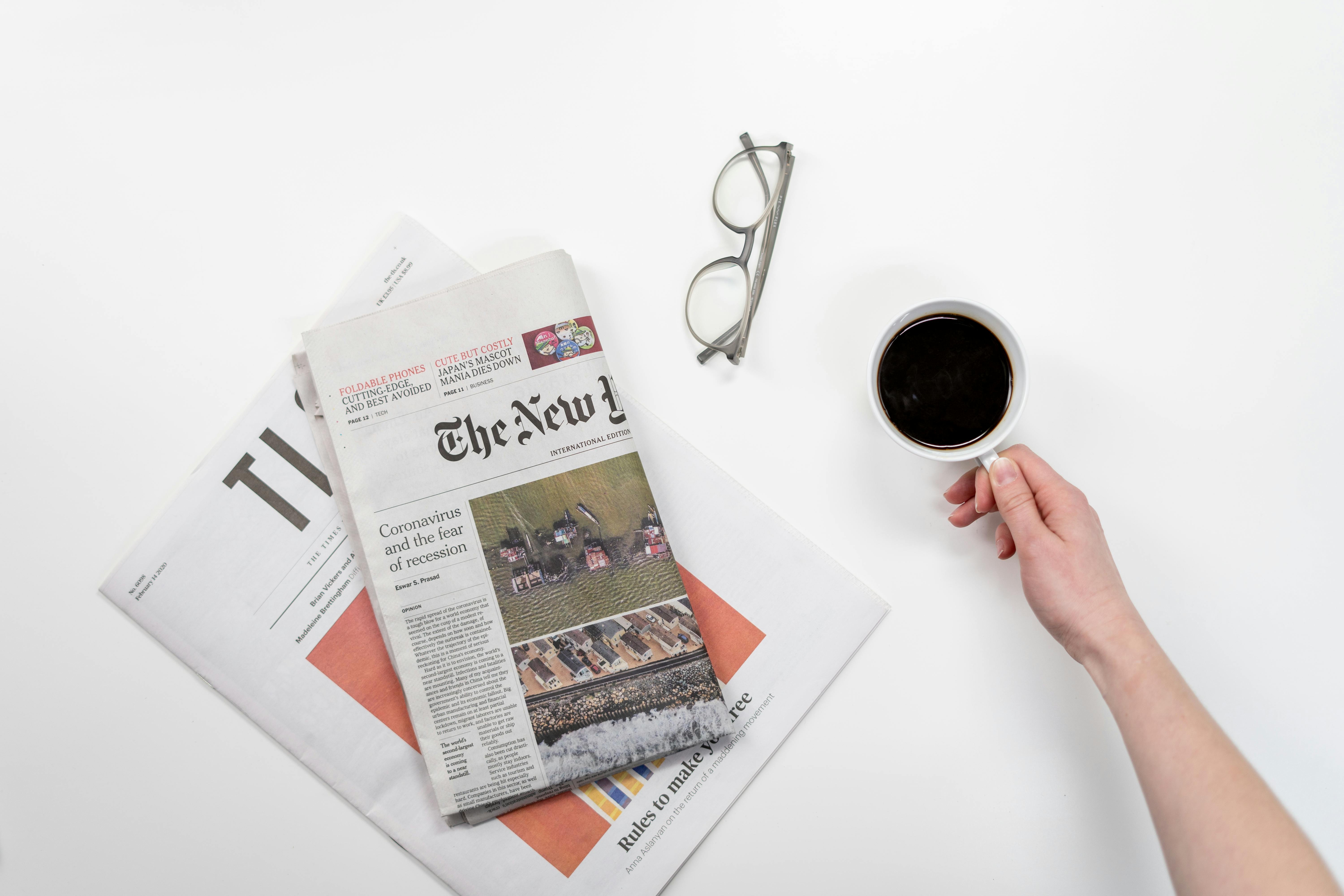How to Get a Freelance Press Pass and Maximize Its Use
A freelance press pass is more than just a badge—it’s your gateway to opportunities in journalism and media access. As freelancing continues to grow, securing professional credentials has become essential. In this comprehensive guide, you’ll learn everything about freelance press passes: what they are, how to get one, and how to use it effectively in your reporting career.

Understanding the Fundamentals
A freelance press pass is an official credential that identifies you as a member of the media. It provides legitimacy, access to restricted events, and can often open doors that would otherwise remain closed to the public.
Historically, press passes were exclusive to large media outlets, but with the rise of digital journalism and independent reporting, freelance journalists now have more access to them. This evolution is crucial in today’s fast-paced, decentralized media landscape.
1.1 What Is a Freelance Press Pass?
A freelance press pass is a physical or digital ID that confirms your role as an independent journalist. It typically includes your name, photo, media organization (or ‘freelancer’), and contact information. Many freelance journalists acquire theirs through professional journalism associations or agencies that issue press credentials.
Common misconceptions include the belief that you must work for a major media outlet to qualify. However, many organizations recognize the growing influence of freelance journalists, bloggers, and independent media creators.
1.2 Why Press Credentials Matter
Unlike generic media badges, a freelance press pass is an official endorsement of your professional role. It grants access to press-only areas at events, government briefings, and even emergency zones in some cases.
For example, during political rallies or music festivals, having a valid press pass can mean the difference between being in the action or reporting from the sidelines.
Practical Implementation Guide
Now that you understand what a freelance press pass is, let’s explore how to obtain one and start using it to its full potential. With the right approach, you’ll start seeing results within weeks.

2.1 Actionable Steps
- Step 1: Build a Portfolio – Gather 3-5 samples of your published work, including articles, blog posts, or video reports. This demonstrates credibility.
- Step 2: Apply Through an Issuer – Use reputable journalism organizations like the International Federation of Journalists or agencies offering freelance press passes.
- Step 3: Stay Consistent – Once you get your pass, update it annually and maintain an active publishing record to keep it valid.
2.2 Overcoming Challenges
Common obstacles include application rejections, lack of a formal employer, or unclear requirements. Here’s how to solve them:
- Document every assignment you cover, even unpaid or self-published work.
- Join professional associations that advocate for freelance journalists.
- Avoid fraudulent “press pass” sites that offer unofficial or illegal IDs.
Tip: Always carry a backup ID and a copy of your most recent published work in case your credentials are questioned on-site.
Advanced Applications
Once you’re consistently using your freelance press pass, consider these advanced methods to boost your career. These strategies help expand your reach, credibility, and access to high-profile stories.

3.1 Cross-Media Coverage
Use your press pass to report across multiple formats—video, text, and audio. For instance, freelance reporters often use their passes to cover conferences, then repurpose that material into blog posts, podcasts, and social media updates.
Case studies show freelancers with multimedia content portfolios earn up to 40% more per assignment than those using a single format.
3.2 Collaborations with Media Outlets
Partnering with online magazines, local news stations, or niche publications can give your freelance press pass even more weight. These partnerships often lead to exclusive access and ongoing work.
Ensure your work aligns with the outlet’s content strategy, and always clarify terms for press pass usage in your contract.
Future Outlook
As digital journalism continues to evolve, freelance press passes are expected to become more standardized. Emerging trends include blockchain-verified credentials and AI-powered verification tools to prevent fraud.
Freelancers should stay informed by attending journalism conferences, enrolling in online media ethics courses, and networking within industry circles to adapt to these changes.
Conclusion
In summary, securing a freelance press pass involves credibility, effort, and ongoing activity. Key takeaways include the importance of a strong portfolio, applying through reputable sources, and consistently publishing new content.
A freelance press pass can dramatically improve your access and opportunities. Take the next step by identifying an organization to apply through today and begin assembling your credentials.
Frequently Asked Questions
- Q: What is a freelance press pass? A freelance press pass is an ID that grants journalists access to events, interviews, and secure locations for reporting.
- Q: How do I get started? Build a portfolio with at least three pieces of published work, then apply through a professional journalism association or media credentialing agency.
- Q: How long does the process take? It can take 2 to 6 weeks depending on the issuing organization, verification process, and completeness of your application.
- Q: Is there a cost involved? Yes, most press pass providers charge between $40 to $150 annually for official credentials and processing.
- Q: How does it compare to a company-issued press badge? Freelance press passes offer more flexibility but may not carry the same instant authority as a major network’s badge.
- Q: Is it hard to qualify? Not necessarily. As long as you have published work and a consistent content history, many organizations will approve your application.
- Q: Can I use it in specialized industries like tech or entertainment? Absolutely. Many freelancers use their press pass to cover tech expos, red carpet events, gaming conventions, and more.
